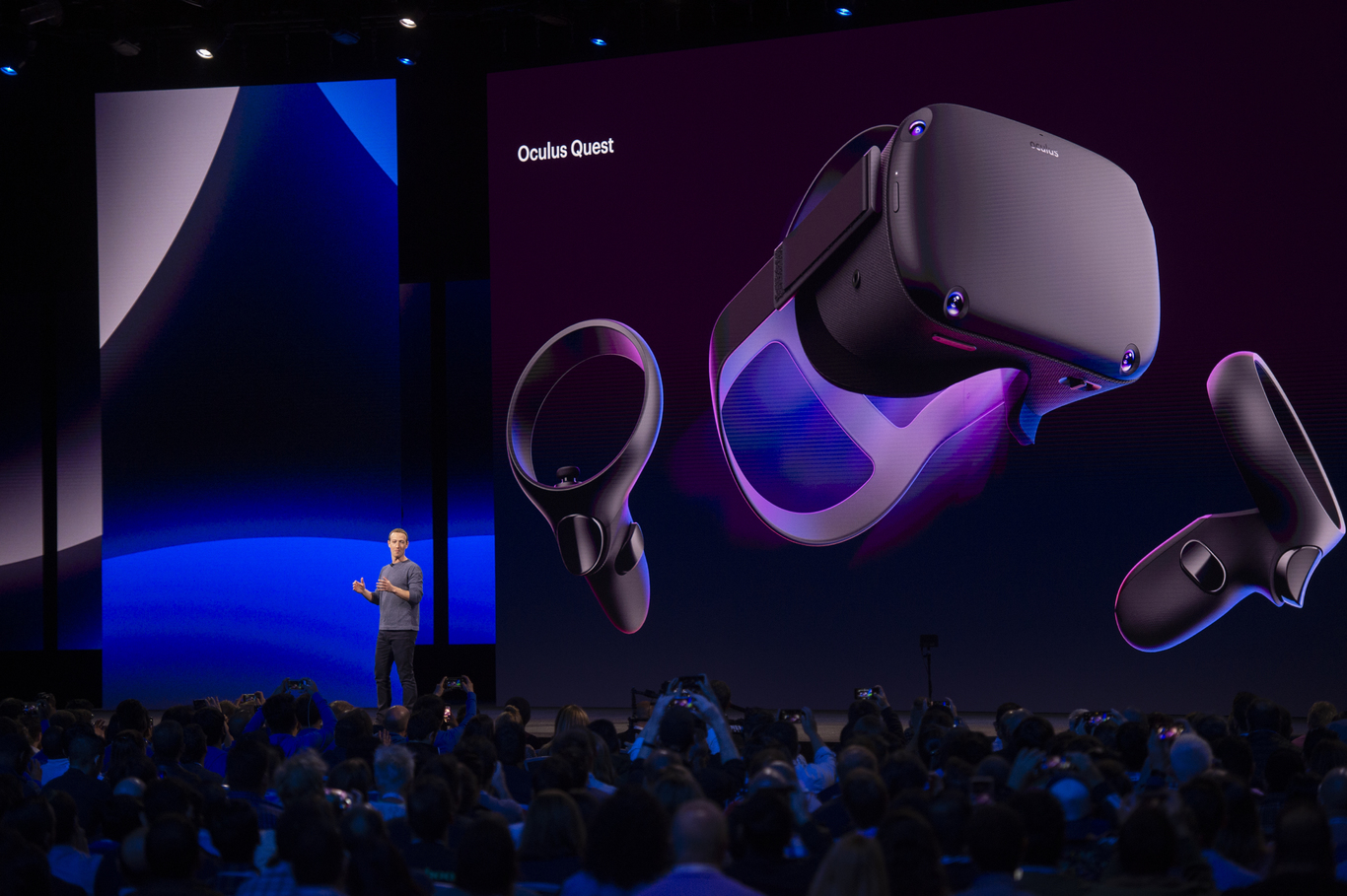Facebook is using VR Education's moon-landing experience as a launch title for the Oculus Quest
The Apollo 11 VR application allows users to recreate the moon-landing.
FACEBOOK HAS SELECTED virtual reality company VR Education’s moon-landing experience as a launch title for Oculus Quest headset, which makes its global debut today.
The Apollo 11 virtual reality (VR) experience allows the user to become Neil Armstrong for 45-minutes and recreate the moon-landing.
According to David Whelan, the VR Education co-founder, the company was approached a few months ago by Facebook – which acquired Oculus in 2014 for $2.3 billion.
Apollo 11 VR was one of the most popular VR applications when it was first released over three years ago and an updated version of the application has been released as Oculus launches its new headset.
The Oculus Quest headset intends to bridge the gap between the higher-end Oculus Rift headset, that retails at $399 and depends on a computer to operate, and the standalone Oculus Go that costs $200 and was launched last year.
The new headset retails at $399 and does not rely on a computer or phone to operate. Apollo 11 is available to download for $9.99.
This is the second time one of the Waterford-based company’s experiences has been a launch title, with its Titanic experience used for the Oculus Rift three years ago.
Whelan said that Apollo 11 has gained large popularity and with this year marking the 50th anniversary of the moon landing, they agreed to make it available for the latest headset.
The experience uses the original audio from the event, with all the switches and dials within the cockpit mirroring those of the original spacecraft.
“We are very happy with the result, it actually looks very similar to the HD version available on PC,” Whelan added.
Whelan compared Facebook’s platform for Oculus headsets to the iPhone app store, where anyone can publish their VR games and experiences, but added that having Facebook pushing you in the store is a huge benefit.
Company’s main focus
He explained the company’s main focus is the VR education and training platform it has been building for the past few years, called Engage.
In March 2018 the company raised €6.7 million in an initial public offering (IPO) on the AIM market of the London Stock Exchange and on Euronext Growth, a market regulated by Euronext Dublin.
“These showcase experiences like Apollo 11 and Titanic are run-off projects that we publish to get people excited about virtual reality and its uses in education,” Whelan said.
The company announced last week that it has entered a €210,000 deal with Korean education company D’Carrick, which has 1600 students, to use the Engage platform for virtual education.
“So they (the students) will get to do field trips through VR and use interactive objects to aid their education, as well as attend lectures and use the platform for remote learning,” Whelan said.






